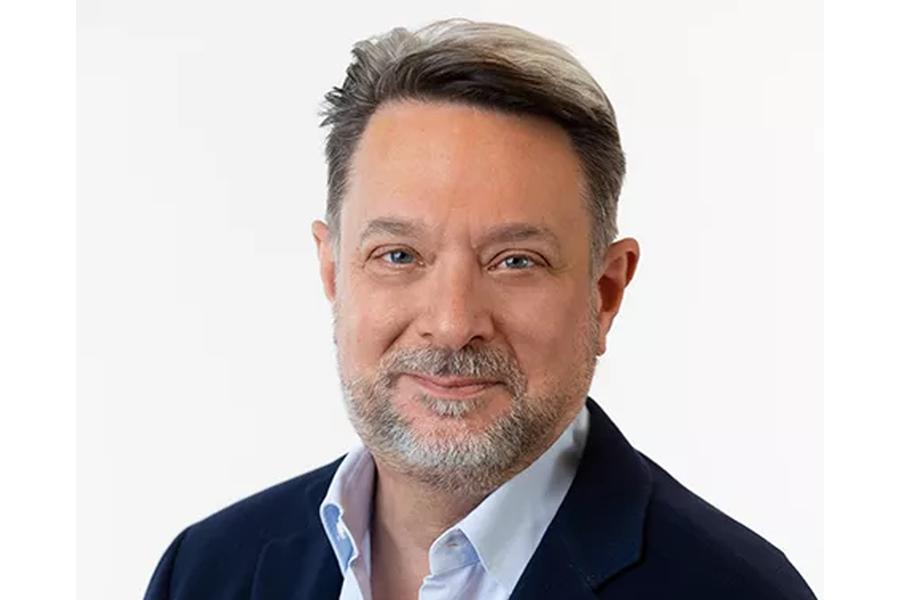Standalone Sandoz eyes $3bn in new product sales by 2028

Sandoz chief executive Richard Saynor
Novartis’ generics unit Sandoz will tell investors today that it can add $3 billion in annual sales from the launch of new products, after it spins out of its parent company later this year.
The company will set out its stall as a standalone company at an investor update in New York later today, pointing to six quarters of consecutive growth that helped sales grow to $9.1 billion last year – split 79% generics to 21% biosimilars.
Net sales are expected to grow in the mid-single digits through 2028, fuelled by a pipeline of new products that spans more than 400 generics and 24 biosimilar products, with free cash flow set to more than double from its current level of $800 million over the same period.
The $3 billion in additional sales will come increasingly from biosimilars and complex generics that are less vulnerable to competition and downward pricing pressure, according to Sandoz' chief executive, Richard Saynor, who predicts that the biosimilar revenue share will rise steadily in the next five years.
For comparison, new product launches in the last five years contributed around $1.6 billion in net sales. The company reckons that the global off-patent medicines market will rise from a value of $208 billion last year – with biosimilars making up 11% of the market – to $420 billion in 2031, when biosimilars will have a 20% share.
In anticipation of the shift in product mix, Sandoz has been building its biologics production capacity, revealing a $400 million-plus investment in a new production plant in Slovenia in March, as well as a €25 million expansion of its biosimilars development centre in Germany last month.
The company already sells nine biosimilars and, between now and 2028, expects to launch four more. They include copycat versions of AbbVie’s $21 billion immunology blockbuster Humira (adalimumab) and Biogen’s multiple sclerosis therapy Tysabri (natalizumab), which are both due to launch in the latter half of this year.
Following after are biosimilars of Amgen’s $3.6 billion osteoporosis therapy Prolia/Xgeva (denosumab), which was filed in the US in February ahead of a patent expiry in 2025, and Bayer/Regeneron’s ophthalmic disease product Eylea (aflibercept), which made $9.6 billion worldwide last year, but is starting to show signs of weakness due to newer competitors.
Sandoz' generics pipeline, meanwhile, consists of around two-thirds standard drugs and one-third complex generics – high-dose injectables, peptides, drug-device combinations, and oligonucleotides, for example – that together are targeting around $145 billion in branded product sales.
In a statement published ahead of the event, Saynor said that the spin-off will benefit from six strategic levers in the coming years; namely, “attractive market fundamentals, leadership and scale, multiple growth drivers, margin improvement, accelerated cash generation, and a compelling sustainability story.”













